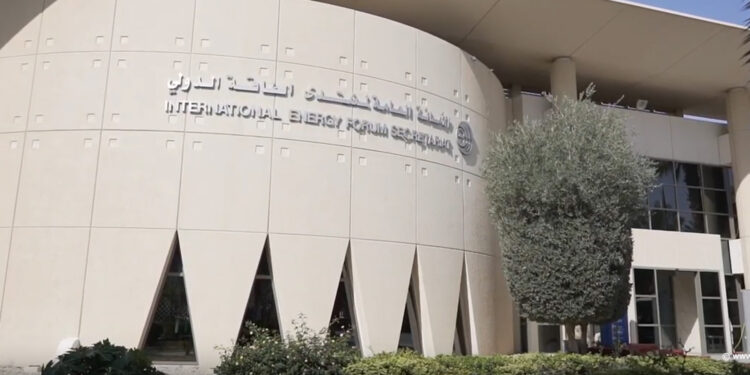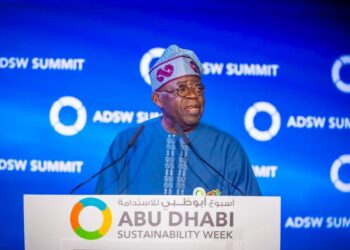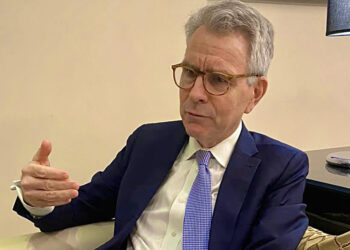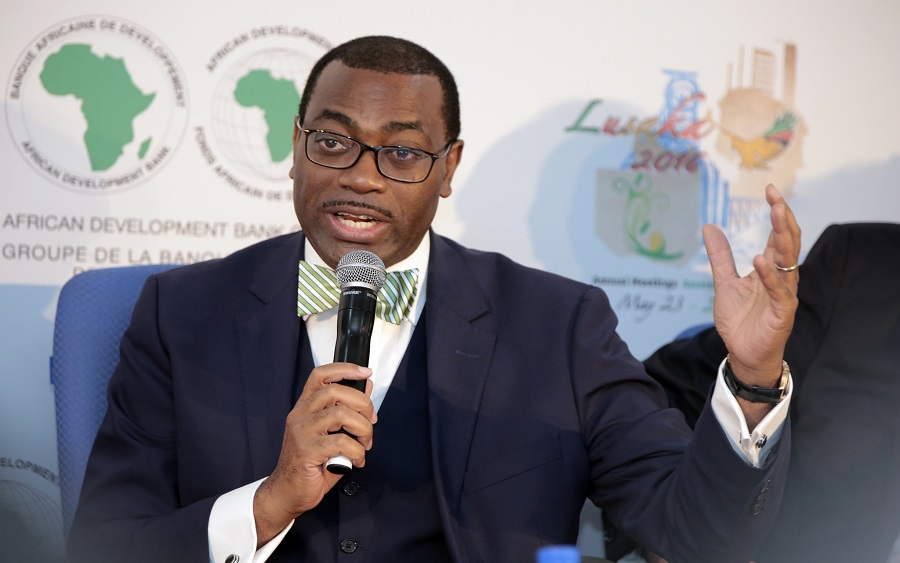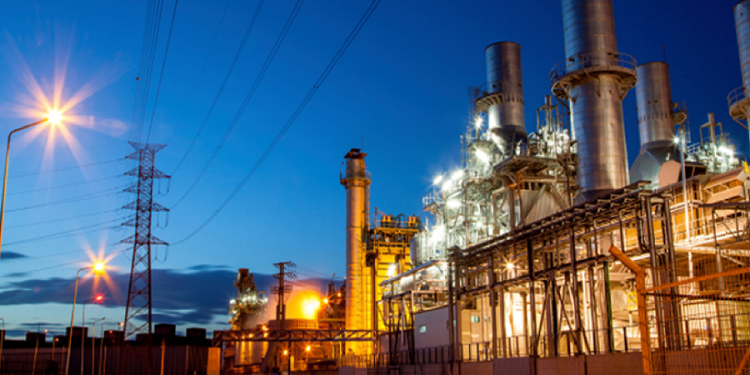The International Energy Forum (IEF) has said that energy transition roadmaps should not only focus on emissions reductions but also on poverty reduction and raising incomes.
This was stated in the “Shaping a Living Roadmap for Energy Transition” report written in collaboration with S&P Global Commodity Insights and released on Tuesday, August 1, 2023.
According to the report, the energy transition cannot only be a risk story but should also be seen as a social benefit story, with a spotlight on how many lives are positively impacted and how development goals are addressed.
The report particularly called attention to the fact that developing countries that are not to blame for greenhouse gases in the environment are told to abandon fossil fuels.
A part of the report noted:
- “Developing countries find a discordant note when European banks refuse to finance natural gas development and yet European governments ask the same countries to supply them with Liquefied Natural Gas (LNG).”
Zero poverty vs. Zero emissions
According to the report, the global energy transition sits on a three-legged stool of geopolitics, policy, and technology, with geopolitics being the current driver, creating a risk of significant instability.
It notes, however, that the energy trilemma looks different in Africa.
It stated that:
- “More than half the population in Africa has no access to electricity and a billion Africans have no access to clean cooking. With high population growth, there is a race against time to deliver against growing needs.
- “The reality, at this point, is that zero poverty and zero emissions appear to pose incompatible objectives for many nations in the Global South. The energy trilemma does not mutually cancel out.
- “Policies are needed to support all three elements – affordability, security and sustainability. The energy transition is an opportunity to deploy capital to create wealth from low carbon energy sources.”
What developing countries need
The IEF report noted that developing countries will drive growth in energy demand for the next 30 years and many of these countries need access to hydrocarbons to raise their standard of living.
This will likely result in an increase in these countries’ emissions for the rest of this decade (or longer) before their emission trajectories change.
For the IEF, developing countries need:
- Economic development
- Poverty alleviation
- Regional energy pathways that focus on basic needs in terms of energy access and affordability
- Increase in natural gas-based industrial capacity
- Resilient infrastructure, communities and ecosystems
- Energy financing
- Aggregation of local small-scale renewable energy generation, and storage.

